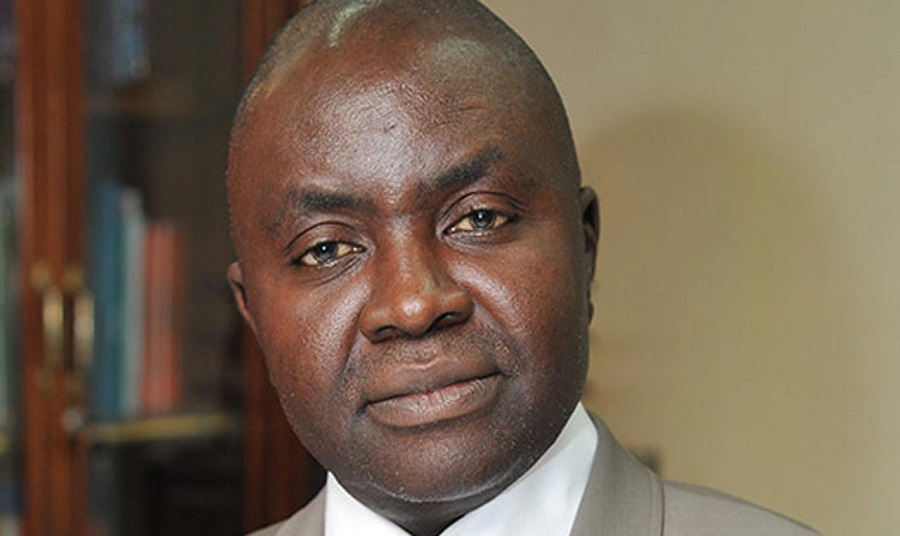The Lagos Chamber of Commerce and Industry (LCCI) has reacted to World Bank’s plans on disbursing another fresh loan of $2.5 billion or N767.3 billion to Nigeria saying it would further hurt the economy.
The Director-General of LCCI, Muda Yusuf said that a fresh debt would be severe on Nigeria’s already fragile economy as it would hike the cost of debt servicing and stifle developmental projects.
[READ MORE: LCCI calls for economy reform]
Recall that Nairametrics reported that Nigeria reportedly approached the World Bank for another loan of $2.5 after the last $2.4 billion given by the bank.
More details: According to Yusuf, another foreign loan could lead to high inflation rate, stunt gross domestic product growth and increase unemployment.
“With the World Bank saying it is in talks with Nigeria for a fresh loan of $2.5 billion, which coincided with the Debt Management Office’s announcement that the Federal Government would obtain an additional foreign loan to the tune of $2.7 billion (N824.82 billion).
“This development calls for concern bearing in mind that in three years, Nigeria’s debt profile rose from $10.32 billion in June 30, 2015 to $22.08 billion as of June 30, 2018. With this additional loan, the country’s foreign debt would increase and would invariably increase the overall debt portfolio of the country which stood at N24.39 trillion as at December 31, 2018.
“Already, the Federal Government proposed to spend a total of N2.14 trillion on debt servicing in the 2019 fiscal year which is 27% of revenue. So this fresh World Bank loan will further increase sporadically the amount of that of 2020 to be dedicated for servicing debts.” Yusuf said.
While trying to proffer solutions, the LCCI boss explained that foreign loans were the reasons government could not channel more funds appropriately to developmental projects in the country since huge amounts were always provided for servicing debts.
He, however, stated that the private sector was expecting government to cut down its debt and seek other ways of raising funds, by rigorously promoting new investments to increase revenue.
Particularly, he believed that cost of governance in the country was still too high and should be reduced in order to free more revenue to run the country’s economy.
Nigeria’s debt profile: As previously reported by Nairametrics, Nigeria’s rising debt has attracted wide criticisms both locally and internationally. For example, the International Monetary Fund (IMF) questioned Nigeria’s ability to repay its N24.9 trillion debt.
Nigeria is largely faced with revenue shortfalls as the output and price of oil, fell in the past five years.
The IMF had also expressed concern about the rollover risks, arguing Nigeria’s capacity to refinance debt might drop in the future.
Meanwhile, the Federal Government has since rebuffed such claims, stating that the nation’s debt burden is sustainable.
[READ ALSO: LCCI reacts to CBN’s new cashless policy, says time frame is disruptive]
The Federal Government also disclosed that Nigeria spent a whooping N1.11 trillion to cover debt service obligations in the first six months of the year 2019.
More debt on the horizon as the Minister of Finance, Budget and National Planning, Mrs Zainab Shamsuna Ahmed, disclosed that the sum of N1.7 trillion will be borrowed to finance the 2020 budget.
